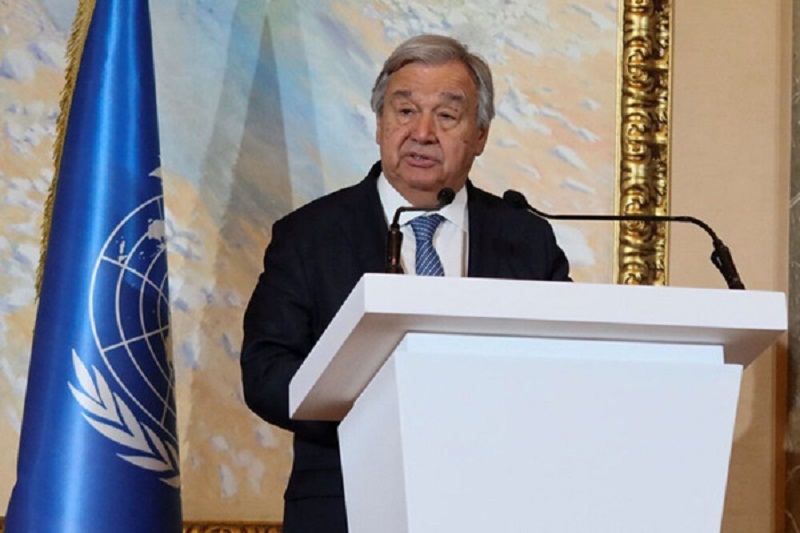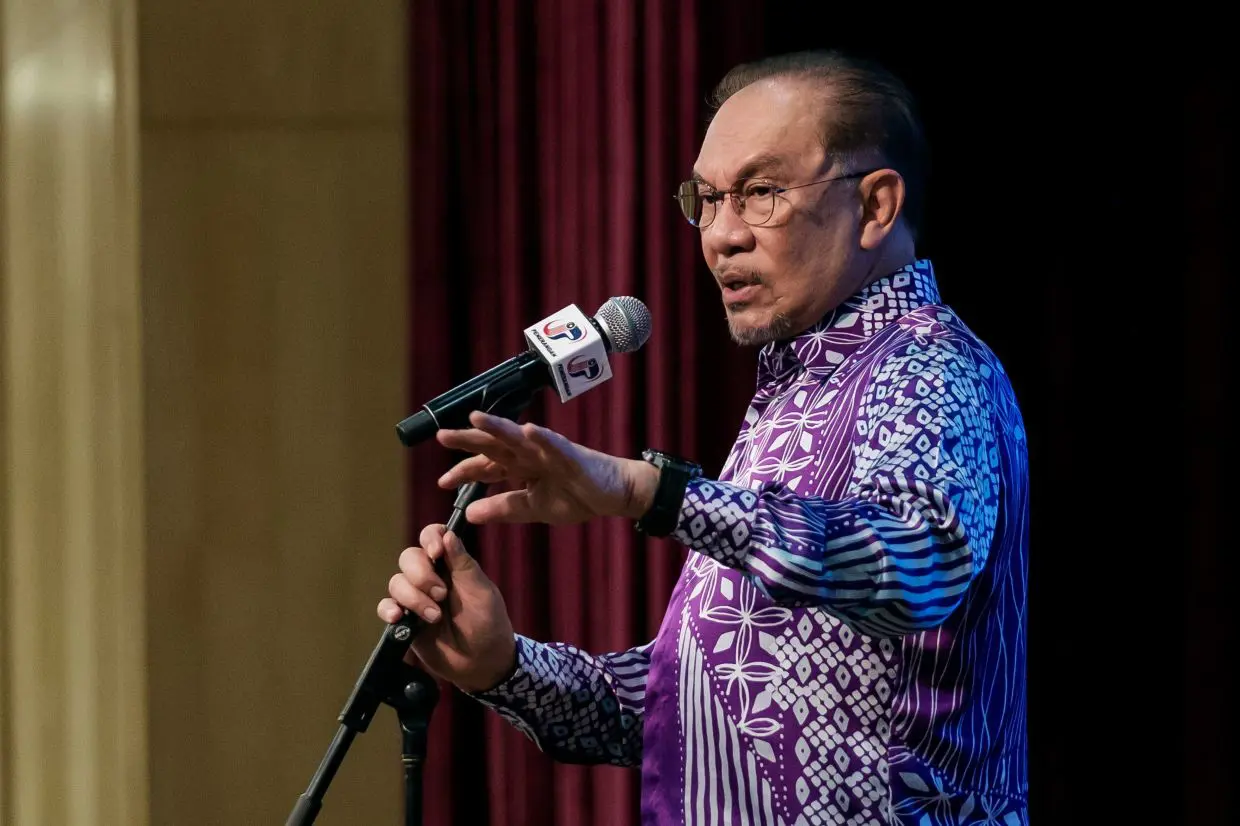JAKARTA: Indonesian businesses are expressing growing concern over President Prabowo Subianto’s recent proposal to establish a special task force aimed at addressing layoffs. While the initiative is meant to prevent mass job cuts and resolve labour disputes, many fear it could unintentionally lead to the criminalisation of employers.
The Indonesian Textile Association (API) has raised alarms, with executive director Danang Girindrawardana explaining that the task force must remain focused on its original mission: prevention. “For businesses in labour-intensive sectors, this is a troubling development,” Danang said. He warned that if the task force shifts from resolving conflicts to punishing employers, it could create fear and discourage businesses from operating or expanding.
Danang’s concerns reflect a broader anxiety that the task force, rather than providing a supportive role, could become a tool for unnecessary financial audits. This, he fears, might penalize companies instead of helping them. Rather than duplicating existing frameworks—which already involve collaboration between the government, workers, and employers—the task force should complement these efforts, he urged.
“There is no business without workers, and no workers without businesses. Both sides must understand and respect each other,” Danang said, acknowledging that industrial relations are not always perfect. He cited the example of mass layoffs at PT Yihong, a footwear company, where a small worker dispute escalated into a full-scale strike. He also pointed out layoffs caused by financial struggles, such as the bankruptcy proceedings at Yamaha-owned piano factories and PT Sri Rejeki Isman (Sritex).
In response to growing dissatisfaction with labour conditions and fears of more layoffs, President Prabowo, addressing workers during a May Day rally at the National Monument (Monas) in Central Jakarta, promised stronger protections for workers. He pledged to form the layoff task force, which would prevent arbitrary dismissals and ensure fair labour practices, as demanded by the crowd of workers rallying for their rights.
Additionally, Prabowo introduced plans to establish the National Workers Welfare Council, a body that would include union leaders and public figures to assess and propose reforms to existing labour laws. “We will not tolerate arbitrary layoffs,” Prabowo asserted in his speech. “If needed, the government must intervene.”
The task force proposal comes at a time of growing concern over job cuts. According to the Confederation of Indonesian Trade Unions (KSPI), about 60,000 workers from 50 unionised companies were laid off in the first two months of this year alone, nearly matching the total number of layoffs in 2024. Ministry of Manpower data shows that the total number of layoffs for 2024 is projected to be 77,965, a rise from 64,855 in 2023 and 25,114 in 2022.
While the task force aims to protect workers, businesses are calling for a balanced approach that doesn’t jeopardize the stability of companies in the process.




